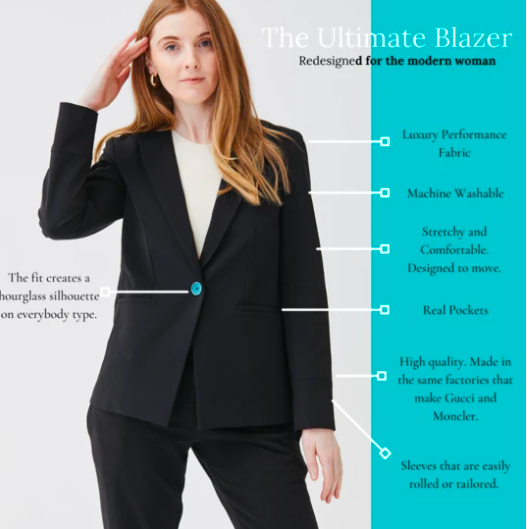Some people thought that the pandemic would put the brakes on litigation, but that hasn’t really been the case. Even though most trials are in abeyance, filings continue, as do demand letters.
As I noted last week, several public interest law firms here in Los Angeles have sued the Los Angeles Superior Court for continuing with eviction hearings and traffic matters despite the pandemic. The lawsuit claims that the burden of these matters falls squarely on those already burdened with pandemic effects: those who are considered essential workers, those who live in close quarters with others, those who may not have computers or internet access, and those who have little time or money to respond to these filings. Will a judge of Los Angeles Superior Court preside over this lawsuit or will it be transferred to another county? To be determined.
The litigation machine keeps churning, as witness these recent demands and filings:
The State Bar of California, along with the Chair of the Committee of Bar Examiners, and the CEO of Exam Soft, recently received a demand letter from the Lawyers’ Committee for Civil Rights Under Law, objecting to the planned use of facial recognition technology in the February 2021 bar examination. The bar exam is next week. The letter, dated February 10, 2021, wanted a response from the recipients by February 16, 2021.
The Committee says it will be “forced to take legal action” if use of the facial recognition technology is not discontinued for the February bar.
The issue of facial recognition technology is a huge one that bar examiners have yet to come to grips with: how to fix the snafu so that women and people of color are not disadvantaged by the technology.
The State Bar timely responded to the letter, saying, in essence, “thank you for sharing,” but it’s not ditching the technology for the February exam because there’s insufficient proof of discrimination in its use. Next steps are anyone’s guess.
Here in Pasadena, the Tournament of Roses (Rose Parade, Rose Bowl Game) is suing the city of Pasadena over who owns the rights to use the terms Rose Parade and Rose Bowl Game and swag related to the events, among other things.
The “TofR,” as we Pasadenans call it, is alleging trademark infringement, breach of contract, and unfair competition. The city is hemorrhaging money because of the pandemic, ditto the TofR, so isn’t there any way to resolve this dispute or effect a compromise of some sorts without spending gazillions of dollars in legal fees?
And, of course, once in litigation, ESI (electronically stored information) can make or break the case. ESI, which didn’t even exist two decades ago, has evolved into a subset of litigation on its own, an industry of ballooning portions that can dwarf the litigation itself. Any opinion about ESI that has a table of contents (!) and runs 75 pages deserves to be read, despite its length, for its guidance not just on ESI but sanctions as well and witness credibility.
Part of the introduction from the Northern District of Illinois opinion is worth a read here:
“Snakebit”—That’s how a former defense counsel described this case. But “snakebit” connotes the unfortunate circumstances that befall unsuspecting victims. That didn’t happen here. Instead, through a series of missteps, misdeeds, and Case: 3:12-cv-50324 Document #: 439 Filed: 01/19/21 Page 4 of 75 PageID #: 5 misrepresentations, Defendants and the former defense counsel find themselves looking down the barrel of a sanctions motion Howitzer. If any entity has been snakebit, it’s this Court. This case has taught this Court that — like Boxer the Horse in Animal Farm — it cannot solve all problems by just working harder. No matter how hard this Court tried to move this case to a just, speedy, and inexpensive determination, it was thwarted.
Ouch. A foreshadowing of what’s to come in the opinion? You think?
The case was filed in 2012 when some newbies were not even in practice yet, let alone in law school. Think of all the events in your life (and the lives of others) that have taken place since the filing of this case.
Every litigator, whether new or seasoned (is that a code word for old?) needs to read this opinion. It’s a roadmap for what to do and what not to do. Fifteen years or so after ESI burst on the horizon, this court thinks that more than enough time has passed for lawyers to understand what ESI is and what they should be doing to comply. What about litigation holds? Finding out who is in possession of ESI responsive to the discovery requests and how to retrieve it? Who has what ESI? Email searches? Online searches? Voice mail records? Texts? Social media accounts? How to collect it? How to preserve it? How to produce it? Some firms have discovery attorneys, who manage the ESI discovery process.
ESI is a giant headache, comparable to those irritating and demanding clients that you wish would go elsewhere, but it’s something that we must know how to handle, and our rules require that we either understand it sufficiently ourselves or hire people to help us to avoid potential malpractice liability. Screwing up on ESI is nothing at all like the “dog ate my homework,” especially when it comes to sanctions, such as those ordered by the trial judge who has had this case since 2014. The opinion is one gigantic benchslap. We should all take heed.
 Jill Switzer has been an active member of the State Bar of California for over 40 years. She remembers practicing law in a kinder, gentler time. She’s had a diverse legal career, including stints as a deputy district attorney, a solo practice, and several senior in-house gigs. She now mediates full-time, which gives her the opportunity to see dinosaurs, millennials, and those in-between interact — it’s not always civil. You can reach her by email at oldladylawyer@gmail.com.
Jill Switzer has been an active member of the State Bar of California for over 40 years. She remembers practicing law in a kinder, gentler time. She’s had a diverse legal career, including stints as a deputy district attorney, a solo practice, and several senior in-house gigs. She now mediates full-time, which gives her the opportunity to see dinosaurs, millennials, and those in-between interact — it’s not always civil. You can reach her by email at oldladylawyer@gmail.com.



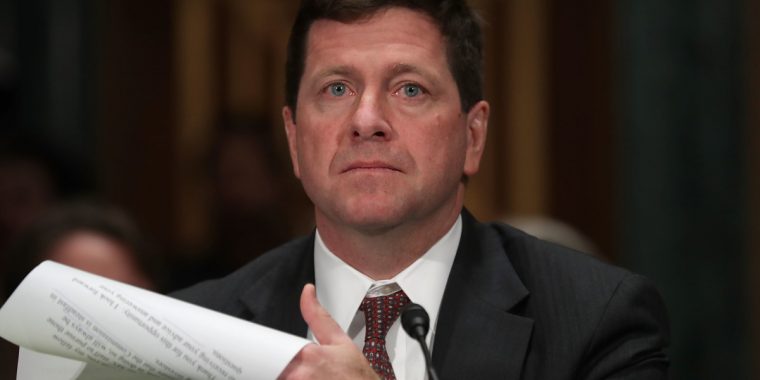
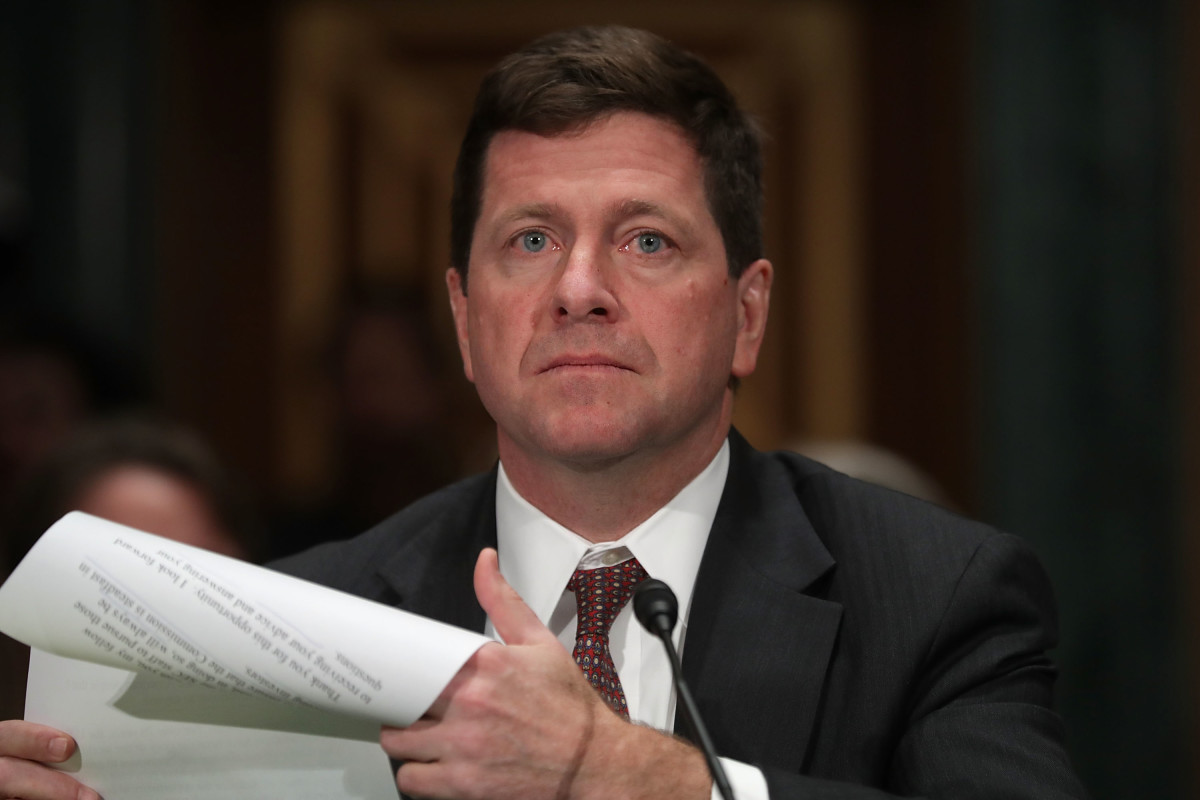
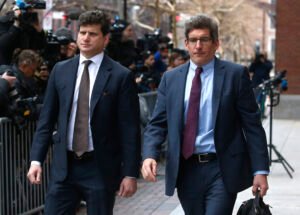
 Kathryn Rubino is a Senior Editor at Above the Law, and host of
Kathryn Rubino is a Senior Editor at Above the Law, and host of 
 Jordan Rothman is a partner of
Jordan Rothman is a partner of 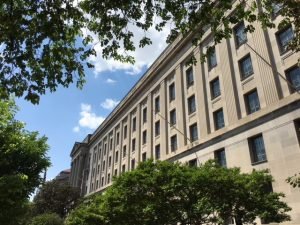

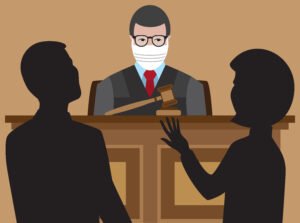
 Jill Switzer has been an active member of the State Bar of California for over 40 years. She remembers practicing law in a kinder, gentler time. She’s had a diverse legal career, including stints as a deputy district attorney, a solo practice, and several senior in-house gigs. She now mediates full-time, which gives her the opportunity to see dinosaurs, millennials, and those in-between interact — it’s not always civil. You can reach her by email at
Jill Switzer has been an active member of the State Bar of California for over 40 years. She remembers practicing law in a kinder, gentler time. She’s had a diverse legal career, including stints as a deputy district attorney, a solo practice, and several senior in-house gigs. She now mediates full-time, which gives her the opportunity to see dinosaurs, millennials, and those in-between interact — it’s not always civil. You can reach her by email at 
